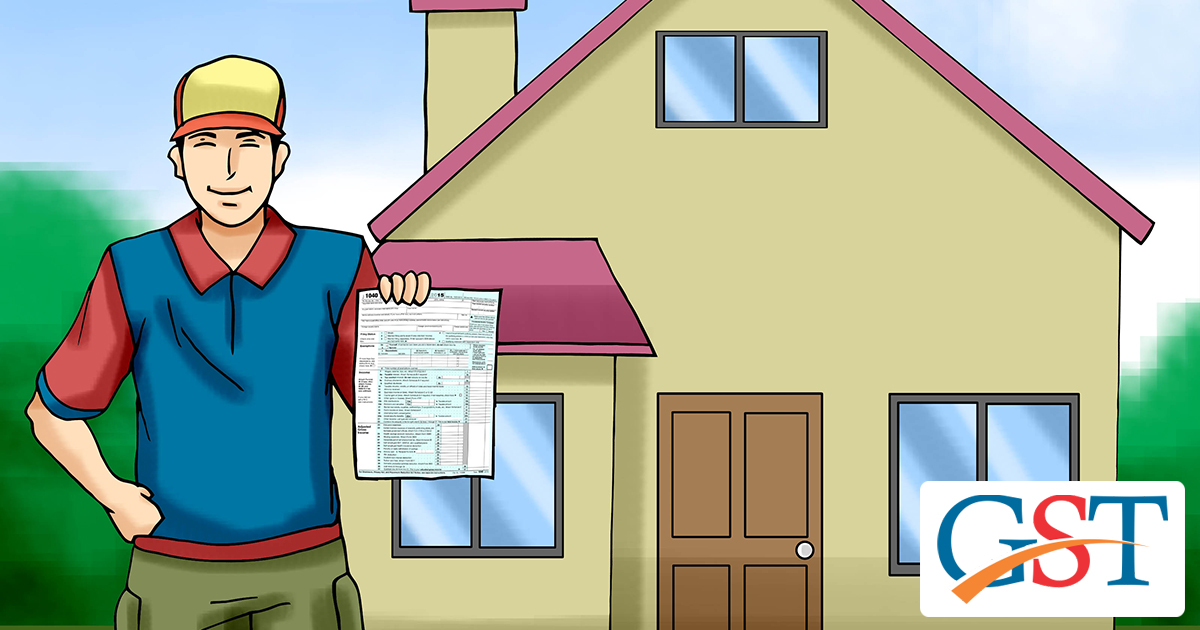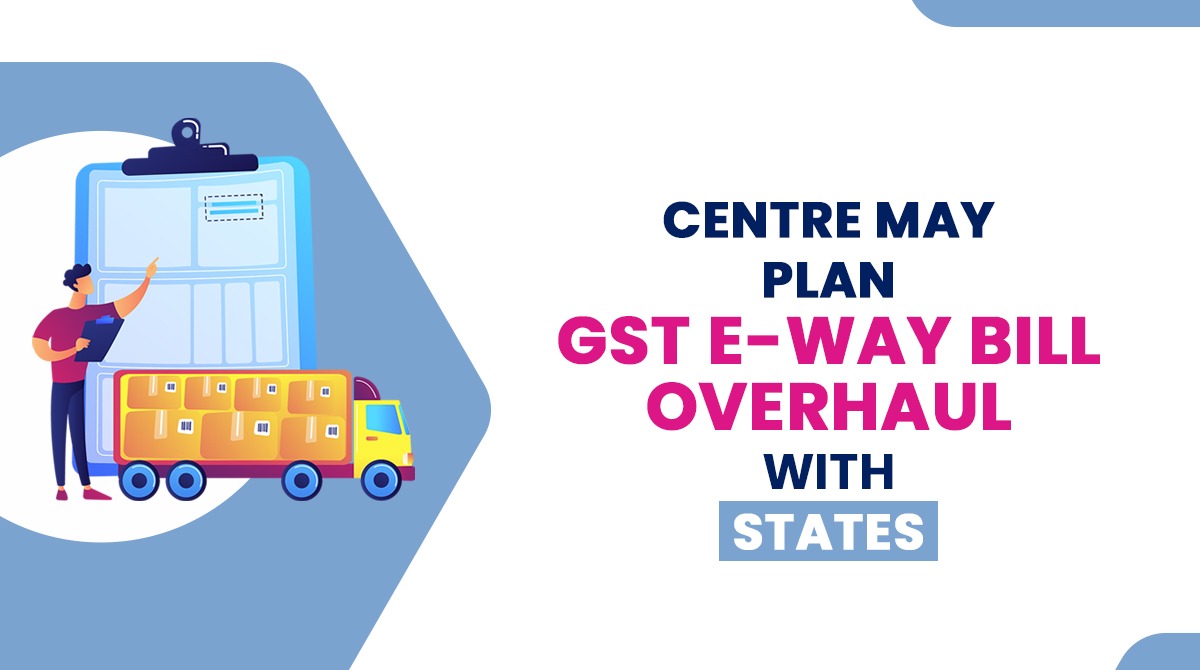A reduction of 12% GST on ‘housing’ to a toll to 5% without any extension in the benefit of the input tax credit (ITC) to developers, would definitely increase the price of the Apartments and would largely affect the Low and the Middle-income Group.
As a result of the increase in the landed cost for the buyer, this decision could affect the Centre’s housing for all policy negatively. However, it would support the high-value apartment sales in cities like Mumbai and Delhi.
The affordable housing segment which has enjoyed a lower output tax rate of 8% and the benefit of ITC, now, after the rate changes, would get affected significantly and the toll would be worrying them more.
“Even if GST is slashed to 5%, denial of ITC will result in an increase in the selling price of affordable housing,” said Arun Excello CMD P Suresh, who is a predominant participant of the affordable housing segment.
Understanding the Scenario with the Help of An Example
If there is an affordable housing project with a selling price of Rs 3,250 per sqft, it is going to produce a GST of Rs 260 per sqft (at the current rate of 8% of the total cost). In effect of the reduced GST, i.e. to 5%, the output tax would be reduced to Rs 163 per sqft.
Now in such a scenario, the Developer would pass the input tax burden also to the buyer, as a result of what an extra burden of Rs 324 per sqft. Would be charged to the buyer and thus would result in the increase in the increase of Rs 227 per sqft in the price.
“Working on low margins in the affordable housing segment, the developer community may not be able to absorb this shock”, said Suresh.
According to tax consultants, the fundamental structure of GST, which was based on input tax credit would now get negated.
“The philosophy of GST will be lost if there is a system which negates ITC on the premise of a lower output tax rate,” said tax lawyer K Vaitheeswaran.
Remembering and telling about an instance from the 2004 budget, Vaitheeswaran said “the then Union finance minister P Chidambaram exempted tractors from excise duty with a view to helping the farm sector, which was in distress. But in reality, excise duty exemption resulted in an increase in tractor prices because it rendered manufacturers ineligible for availing cenVAT (Central Value Added Tax) credit.”
The same is now the scene with the reduction of Housing rates and is going to affect the end customers significantly.
Read Also: 32nd GST Council Meeting Update (10 Jan) on GST Threshold Limit & Housing
The thought behind a lower GST for housing might have welcomed and started from the restaurant sector, where reduction of GST to 5% for small restaurants was widely welcomed.
But unlike the restaurant business where most of the purchases like vegetables, etc. that do not attract GST, in the construction and housing field, a high GST burden get incurred for all construction raw material.
“Doing away with ITC would wreak havoc in the industry and those who diligently follow accounting principles”, Vaitheeswaran.
On the rate changes, the Credai and the developer community are not on the same page. We see Credai has accepted the Centre seeking 5% GST for the housing sector while the developer community is divided on the issue.
The Executive Vice- President of TVS Housing V Ganesh said, “The proposed move would take away the viability of GST and make it a cascading tax, thereby striking at the very root of GST.”
The ultimate goal for which the GST regime was brought in, is to achieve transparent transactions and ensure full compliance. But the implementation of input tax credit made it difficult for one to do business with unregistered dealers.
“When such a sound law is taking root in the system, removal of the input tax credit will bring back bad practices and unregulated transactions,” said Navin’s Developers CMD R Kumar.
The news regarding the lowering of the GST tax on housing by the Centre’s could be sweet news for promoters and buyers of high-end apartments in metros. Suppose, an apartment having a selling price of Rs 30,000 per sqft attracts GST of Rs 3,600 per sqft. After the application of lowered GST to 5%, the tax would be Rs 1,500 per sqft. NOw, as the margins are substantial in this sector, the builder would be able to levy the input tax burden a developer argued preferring anonymity.
TVS’s Ganesh said “If the government’s objective is to bring down the cost of housing, a more pragmatic approach could be taken by slashing GST to 8% (like affordable housing) and extending ITC benefits to developers”










